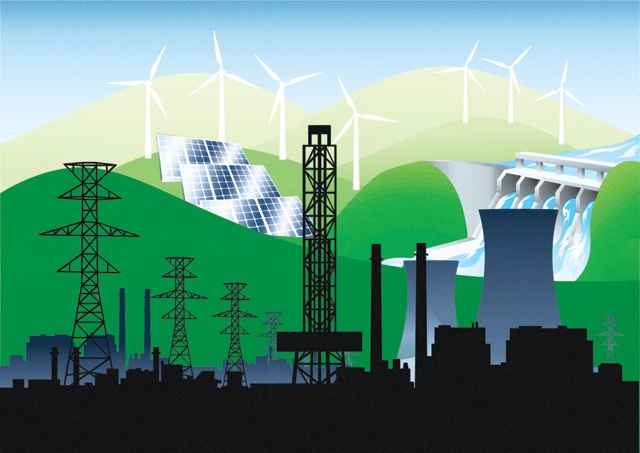The most significant regional survey in decades shows residents of the Greater Pittsburgh area are of two minds when it comes to drilling for gas in the Marcellus Shale. While most see it as a chance to give the local economy a much-needed boost, they worry that damage to the environment and greater health risks are the price they’ll pay for new jobs and other benefits.
And nowhere are the contrasts sharper than in Washington County, where drilling is highly concentrated and more residents say they have signed a drilling lease than anywhere else in the region, according to the Greater Pittsburgh Quality of Life Survey conducted by the University of Pittsburgh University Center for Urban and Social Research and Pittsburgh Today, which reports statistical indicators of regional importance.
More residents overall support Marcellus Shale drilling than oppose it by a margin of 45 percent to 25 percent, with the rest in neither camp. In Washington County, the rates of those who support and those who oppose drilling are higher and fewer people are without a strong opinion on the issue.
At the same time, more than 8 in 10 residents believe drilling poses at least a slight threat to the environment and public health.
“What this is reflective of is the opinion you often hear: ‘I think we should drill in the Marcellus Shale if it can be done safely,’” said Jill Kriesky, PhD, senior project coordinator at Pitt’s Center for Healthy Environments and Communities, which analyzed the survey data related to Marcellus Shale issues.
The survey is the most significant random and representative study of regional residents to be done in several decades. Data were gathered in telephone interviews with some 2,200 men and women who live in the seven-county Pittsburgh Statistical Metropolitan Area and in 25 surrounding counties in Pennsylvania, Ohio, West Virginia and Maryland. Included were 403 residents of Washington County, which was over-sampled for the views of those living in a highly active drilling area.
Washington County was home to 656 natural gas wells as of July of this year. In contrast, Allegheny County, the most densely populated in the Pittsburgh MSA, had only 13 wells.
Both advocates of expanding natural gas exploration and those concerned about the possible environmental impact can find evidence in the survey that tends to support of their positions.
Among residents in all 32 counties surveyed, more than 70 percent are of the opinion that extracting natural gas from the Marcellus Shale offers a significant or moderate economic opportunity for the region. Only 10 percent believe it has very little or no economic potential.
Those who live in Washington County express even greater faith in the economic potential of the extensive drilling activities developed in their communities in recent years. More than 76 percent of residents view the Marcellus Shale operations as a significant or moderate economic opportunity.
Washington County residents are also more likely to have experienced the financial benefits of drilling themselves or have seen members of their family benefit from natural gas drilling. Nearly 32 percent report that they have signed a drilling lease or that someone in their family has done so. That’s the case for fewer than 14 percent of residents in other counties.
And 22 percent of Washington County residents say they have been personally affected in some way by activities related to extracting natural gas from the Marcellus Shale, compared with 10 percent of residents who live elsewhere.
Survey results suggest that overall support for tapping the Marcellus Shale for natural gas is tempered by the perception that drilling poses environmental and health risks. Throughout the Greater Pittsburgh area, 55 percent of residents see drilling as either a significant or moderate threat to the environment or public health. In Washington County, 58 percent feel the same way.
Only 17 percent of residents throughout the region believe drilling poses little or no threat to the environment and public health.
Where residents live is not the only factor influencing their views. The higher the level of their education, the more likely they are to believe drilling for natural gas offers substantial economic opportunities – and the more likely they are to see it as a threat to the environment and public health. In fact, opposition to drilling is greatest among residents with a bachelor’s degree or higher.
Regardless of their level of education or where they live, few in the region are unaware of the ongoing Marcellus Shale story. Only about 19 percent of residents overall say they do not follow Marcellus Shale developments, and the percentage is even less in Washington County.
Their information comes from several sources. The most common are newspapers, radio and television, which 96 percent of residents across the region cite as a source. The Internet is the next most common source among residents in all but Washington County, where friends and family are second only to the news media as their source of Marcellus Shale information.





